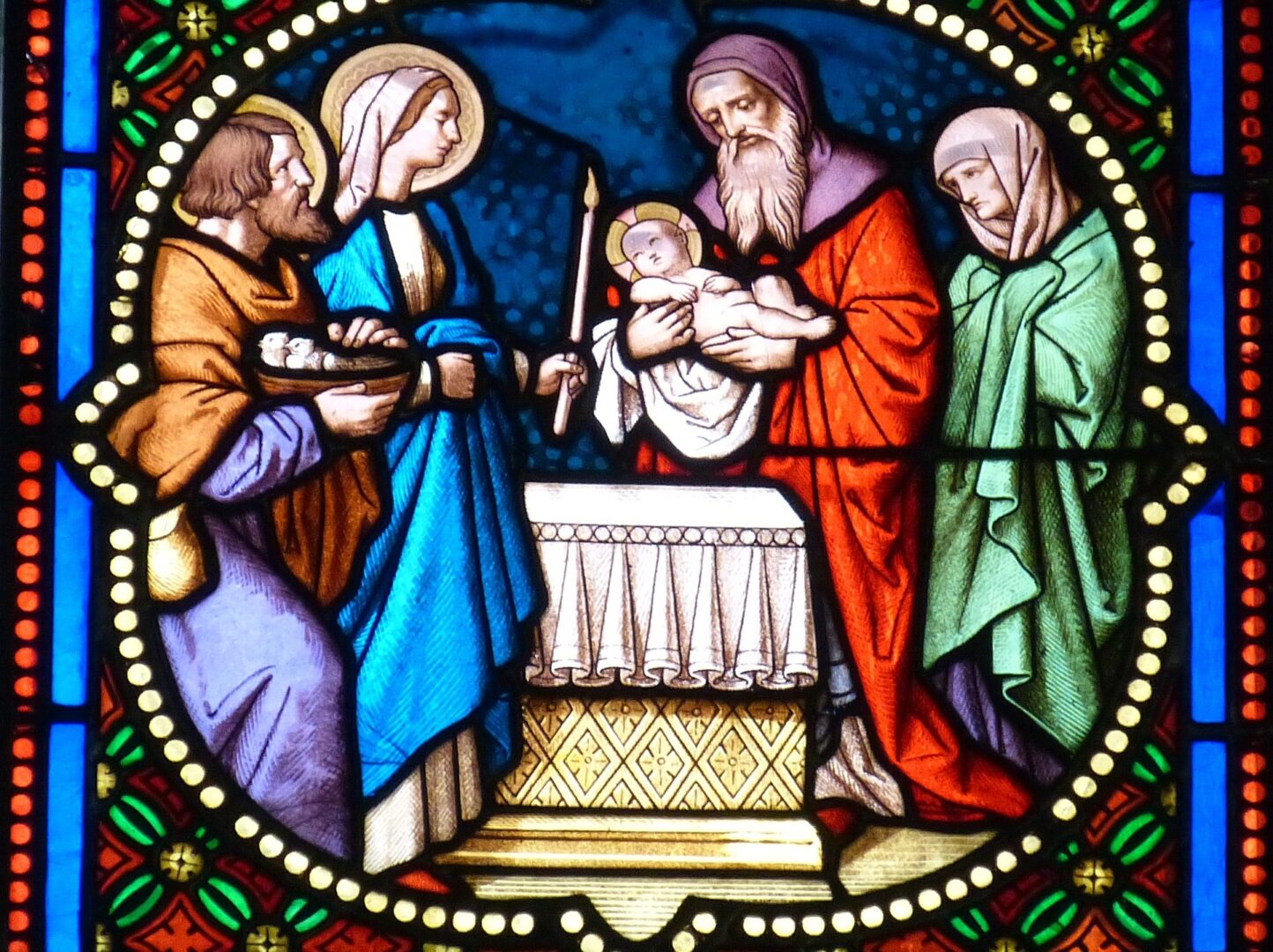
Tom Schmidt
Did the first reading from Isaiah sound familiar? We also hear it on the first Sunday of Advent every few years. I suppose it could be a reminder that John the Baptist appears at the beginning of the Advent/Christmas season and at the end. In Advent we were preparing for Jesus’ coming at Christmas. Now we are preparing for his coming at any time.
The reading from Isaiah talks about the Lord coming in mercy to the people whose “guilt is expiated” (Isaiah 40:2). With our sins forgiven we need not fear asking God for help: “Fear not to cry out” (Isaiah 40:9). The Lord comes in power, not to strike sinners down but to shepherd them and lead them.
In the second reading, St. Paul has a similar theme. Jesus gave his life for us on the cross so that we could be free to give ourselves in love as he did. No matter how bad I was in the past, the Lord loves me enough to forgive it all, and even better, to give the Spirit to help me stay close to God.
How do we prepare for this? We can start by hearing the words of the readings today, letting them sink into our hearts and minds. Ask the Spirit to help look for ways you can be more loving with your family, then with your friends, and eventually with anyone who needs your help. When we let that Spirit guide us, we become like Jesus in that we can listen for God to say, “You are my beloved child; with you I am well pleased” (see Luke 3:22).
El Bautismo del Señor — No Temas
Tom Schmidt
¿Te suena familiar la primera lectura de Isaías? También la escuchamos el primer domingo de Adviento cada tres años. Supongo que podría ser un recordatorio de que Juan el Bautista aparece al principio y al final de la temporada de Adviento/Navidad. En Adviento nos estábamos preparando para la venida de Jesús en Navidad. Ahora nos estamos preparando para su venida en cualquier momento.
La lectura de Isaías habla de la venida misericordiosa del Señor hacia el pueblo y que “ya ha satisfecho por sus iniquidades” (Isaías 40,2). Con nuestros pecados perdonados no debemos tener miedo de pedir ayuda a Dios: “Alza la voz y no temas” (Isaías 40,9). El Señor viene con poder, no para derribar a los pecadores sino para pastorearlos y guiarlos. En la segunda lectura, San Pablo tiene un tema semejante. Jesús dio su vida por nosotros en la cruz para que pudiéramos ser libres de entregarnos en amor como él lo hizo. No importa lo malo que haya sido en el pasado, el Señor me ama lo suficiente para perdonarlo todo y, mejor aún, para darme el Espíritu para ayudarme a permanecer cerca de Dios.
¿Cómo nos preparamos para esto? Podemos empezar escuchando las palabras de las lecturas de hoy, dejando que penetren en nuestro corazón y mente. Pídele al Espíritu que te ayude a buscar maneras de ser más cariñoso con tu familia, luego con tus amigos y, finalmente, con cualquier persona que necesite tu ayuda. Cuando dejamos que ese Espíritu nos guíe, nos volvemos como Jesús en el sentido de que podemos escuchar a Dios decir: “Tú eres mi Hijo, el predilecto; en ti me complazco” (Lucas 3,22).